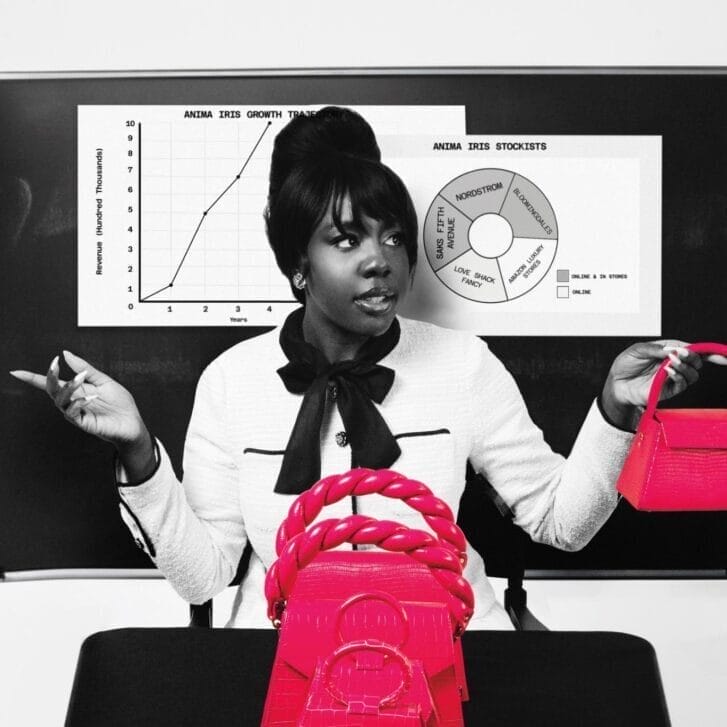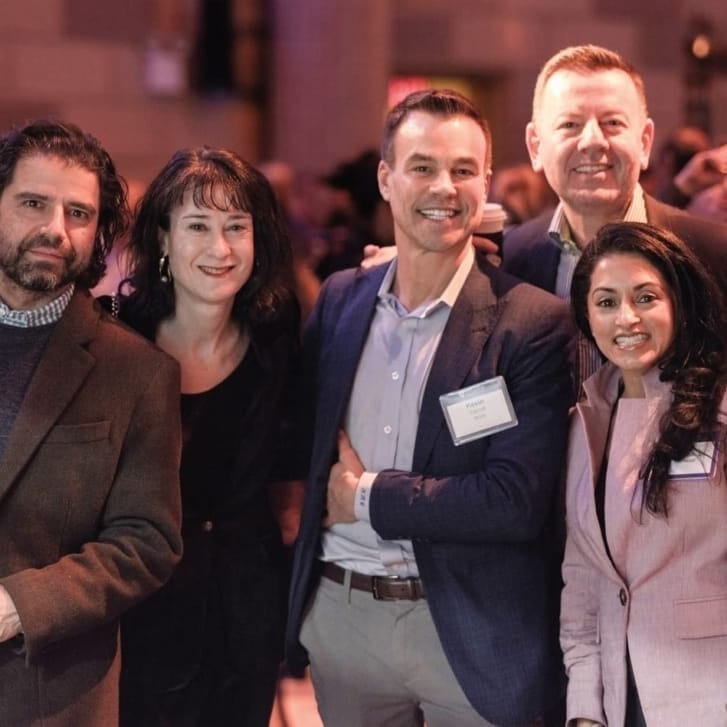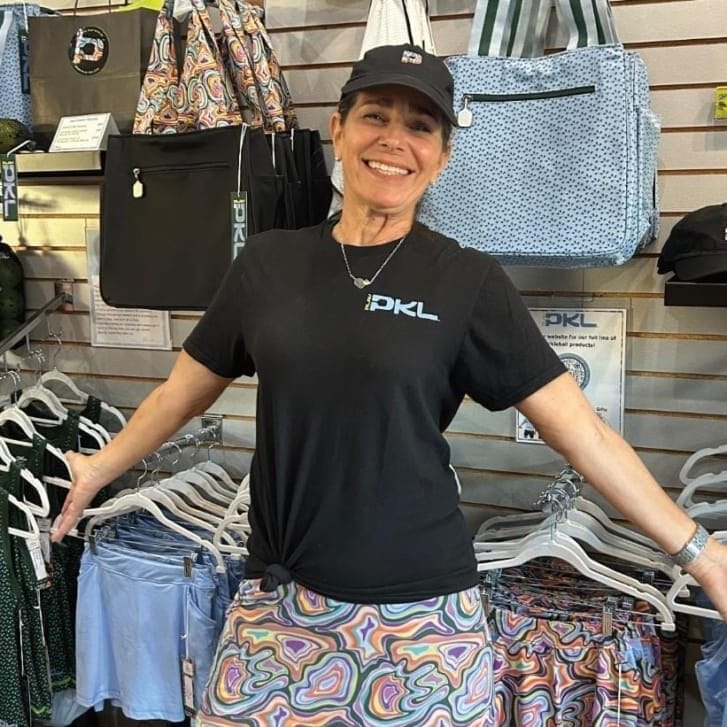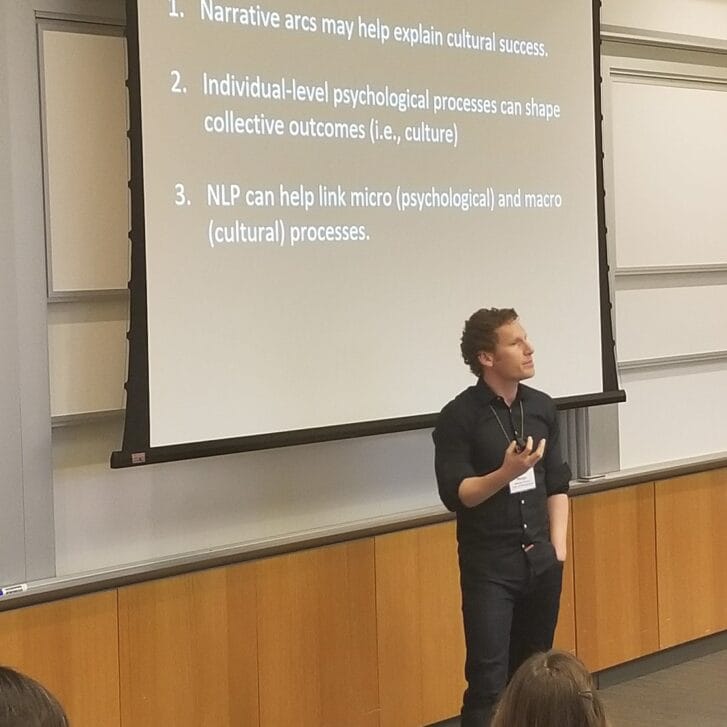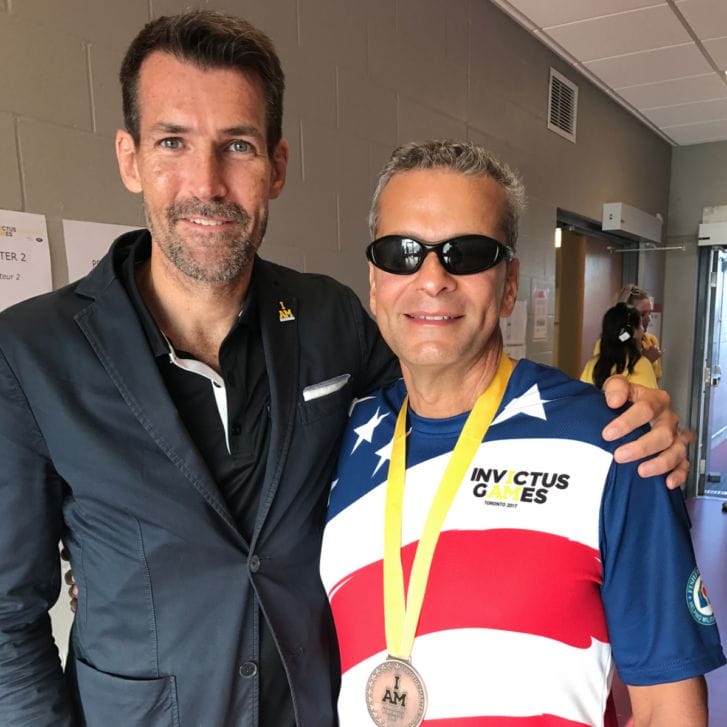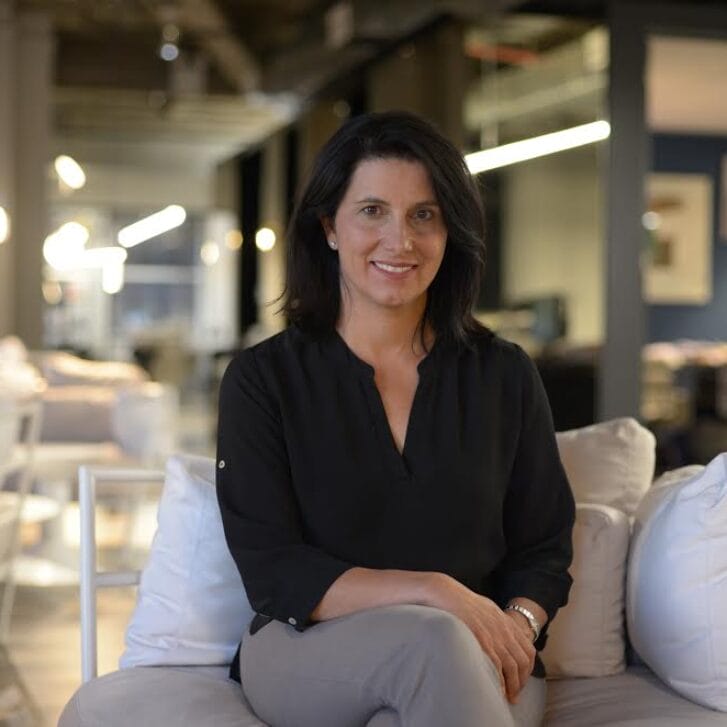“What do you want to be when you grow up?” said Komal Minhas, founder and president of KoMedia, to a group of young girls. The answers came in excited bursts.
“Software engineer!”
“Doctor!”
“Scientist!”

With women massively underrepresented in STEM fields and leadership positions, how do we ensure that these girls will continue to pursue their dreams? That’s the question that Erin Bagwell’s Dream, Girl seeks to answer.
Last Thursday at Huntsman Hall, as part of the Wharton Women’s Summit, the trio of Penn Wharton Entrepreneurship, Wharton Women in Business, and The Lauder Institute co-hosted a screening of Bagwell’s documentary, which showcases inspirational stories from female entrepreneurs. With the help of an all-female crew and a Kickstarter campaign, Bagwell—founder and CEO of the blog Feminist Wednesday—created Dream, Girl “to pass on the stories of female entrepreneurs, and in doing so, inspire women to see themselves as leaders.” Since its completion, the documentary has had several exclusive screenings, including one at the White House.
Dream, Girl explores many of the universal struggles working women face: self-sabotage, workaholism, sexism, and balancing work and family life. One of the entrepreneurs in the film says that many women plan their pregnancies around their careers because they feel that being a working mother makes it harder for them to rise up the corporate ladder. Later, an infographic titled “Paid Parental Leave by Country” scrolls up the screen, listing the number of paid days off new parents are guaranteed in countries like Canada, Mexico, India, and Venezuela. The last number represents days guaranteed in the United States: Zero.
Many entrepreneurs featured in the film share stories of their first confrontations with the harsh reality of being a woman in a male-dominated industry. Annie Wang WG’13, co-founder and co-president of 3D printing company Senvol, describes how one male investor gave his business card to every member of her team except for her, and how another made their one-on-one business lunch feel uncomfortably like a date. Clara Villarosa, co-founder of Villarosa Media, explains that she got her start in the corporate world at the United Bank of Denver, where she rose through the ranks until she hit the glass ceiling. That corporate barricade was the push she needed to pursue her entrepreneurial ambitions.
After the film screening, a panel discussion followed with Wang; Katherine Klein, Edward H. Bowman Professor of Management; Carol Curley WG’81, a managing director with Golden Seeds; and Katlyn Grasso W’15, founder and CEO of GenHERation. The four women answered questions on topics ranging from networking to handling sexism in the workplace. Throughout the discussion, one key point seemed to resonate: In order to close the gender gap, women must help women.
“It’s very difficult, as a woman, to look at an audience of your peers and see no one who looks like you,” said Curley. “Having a woman on your team is not just a nice thing to do, it’s an essential thing to do.”
It’s one thing to tell girls that they can be anything they want to be. It’s another thing entirely to show them by example. Dream, Girl does both.






